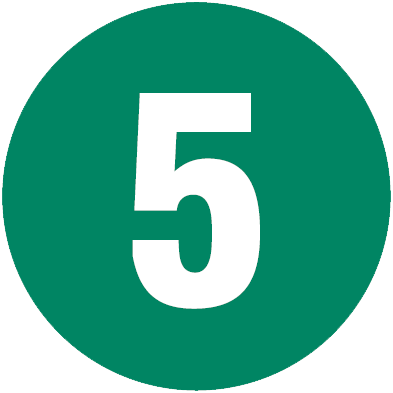WATER CONSERVATION PROJECT
03:15 |
Water conservation programme for school in Malaysia is being carried out to empower the communities with the knowledge and skills on wise management of water resources. This programmes was introduced as DR H2O programme at school under the existing RIVER Ranger programme. Water Conservation Programme is a three years project (2014-2016) initiated by Global Environment Centre (GEC) and HSBC Bank Malaysia Berhad and in partnership with National Water Service Commission (SPAN) and Ministry of Education (MOE) Malaysia.
This programme is aimed to instill good water conservation behavior among pupils through systematic water auditing and sustainable water conservation initiative. Other concepts of water such as virtual water and footprint are being exposed to the pupils. Through this holistic approach , it is anticipated the programme will be able to nurture water conservation behavior among the students , molding them as a DR H2O.
WHAT IS WATER AUDITING ?
00:59 |
WHERE DOES YOUR WATER COMES FROM ?
WHAT IS YOUR WATER BEING TO USED FOR ?
WHERE DOES YOUR WASTE WATER GO ?
WHAT IS WATER CONSUMPTION?
INTRODUCTION
Water auditing is a way of looking at how all the water at a given site is being used , the quantity and the quality of the water coming in and out and how it can be used more efficiently. It will also identify other alternative sources and uses for water .
WHY IS IT IMPORTANT ?
Clean water is a very precious and finite resource. We cannot create new water , so all the water on the earth is constantly being recycled.
If we continue to use water the way we do today, there may be no clean water in the future for our consumption and activities . Imagine if there was no clean water to drink, bath or wash our faces?
A water audit will tell us where we can save water and also how we can re-use different types of water, rather than using clean, treated water for all our activities. This will then lead to sustainable usage of water .
TYPE OF WATER AUDITING
There are three different aspects of water auditing :
1. WATER SOURCE QUALITY
Water quality refers to the 'cleanliness' of the drinking water source. It can be measured by looking at 3 different aspects :
- Physical : presence of rubbish/smell etc.
- Chemical: pH , BOD ,COD ,DO
- Biological: diversity of living organism such as invertebrates and fish.
2. WATER QUANTITY
This is the measures of how much water you are using in your house/building. By measuring and timing the water flow from each appliance, you can measure how much water is used each time . By doing this , you will realize how much water you are actually using in your daily life.
3.WATER MAPPING
This involves mapping out all your sources of water,where it is going to. It can be done in your school , houses , and office building . With this knowledge, you can think about how you can re-do your pipes to carry certain types of water so that its not all wasted.
Look at all your previous monthly water bills and observe what your usage trends have been. Has it been increasing ? if so , why ? Have you been using water unnecessarily ?
Take a look at your monthly water bill and keep track of how many litres of water you are using every month ! If the bill seems to be higher tahn usual , and there was n't any events out of the
ordinary,then you may have a leak somewhere .
Measure how much water is used for each appliance so that you are aware of how much water you are using each time. Also record the number of taps, showers and hoses you have so that you can estimate the water use in each part of you house/office.
Identify where your water is coming from , and how much you receives from each source. This could be rainwater or surface runoff.
Leaking taps and pipes can be waste hundreds of litres of water in one day! Find them and get them fixed immediately to avoid yourself from wasting water... and money
WATER USAGE
03:10 |
Average direct water usage in Malaysia is 210 L / day / capita (SPAN, 2013). Malaysians' water usage exceeds United Nations' recommended water usage of 165 L / day / capita. The reasons can be numerous but we should start the water conservation steps now. Start by reducing direct water usage, then incorporate indirect water usage (or virtual water) to reduce water footprint. Water conservation starts with individual behavioural changes whereby proper awareness is very vital. Awareness with right skills followed by effective conservation initiative will add value for the targeted output.
OBJECTIVES OF WATER CONSERVATION PROGRAMME
02:30 |
- To develop a comprehensive reference module on water conservation for schools in Malaysia.
- To enhance awareness knowledge and skill of pupil on water resource management.
- To provide in house guidance and support localise initiative of water conservation activities.
- To encourage systematic water audit among the targeted schools and lead to sustainable water consumption.
- To develop a website/blogs as platform for information sharing and visibility.
- To develop a comprehensive reference module on water conservation for schools in Malaysia.
- To enhance awareness knowledge and skill of pupil on water resource management.
- To provide in house guidance and support localise initiative of water conservation activities.
- To encourage systematic water audit among the targeted schools and lead to sustainable water consumption.
- To develop a website/blogs as platform for information sharing and visibility.
Subscribe to:
Posts (Atom)























